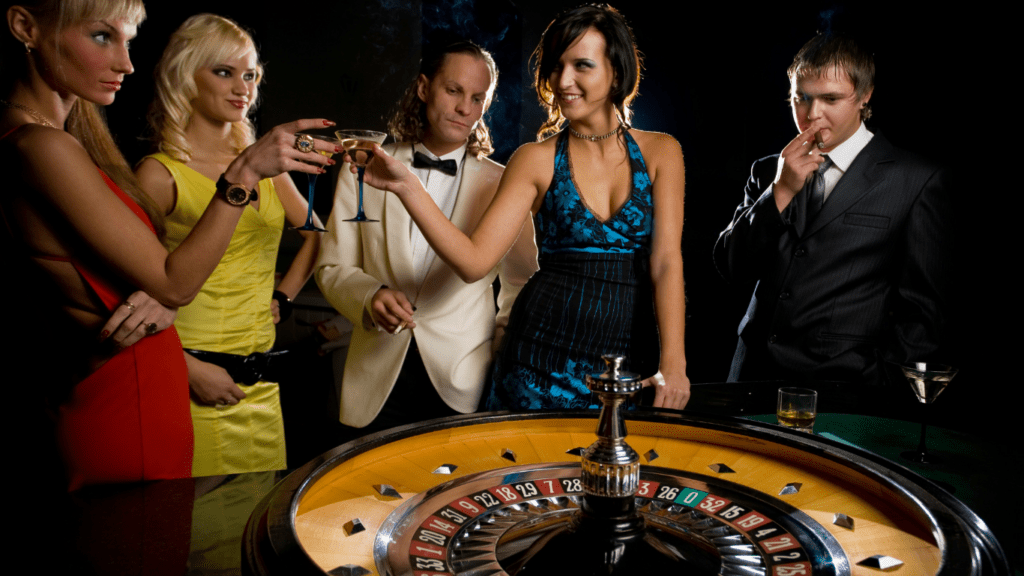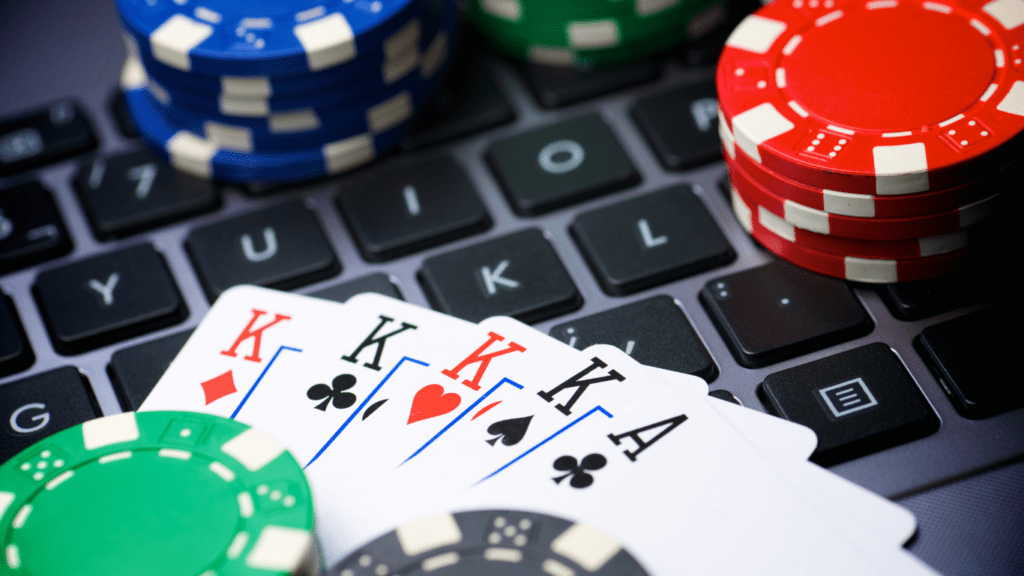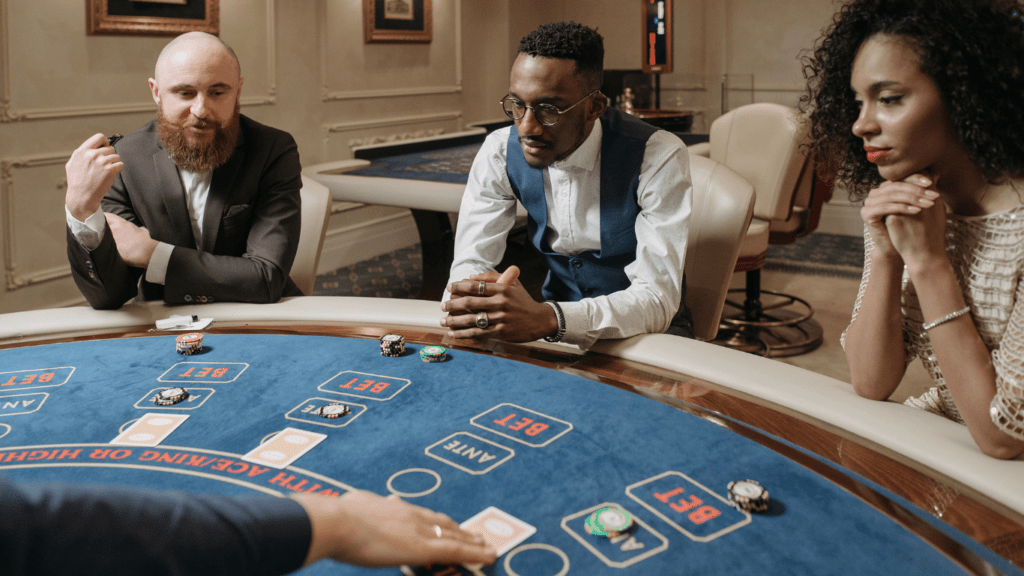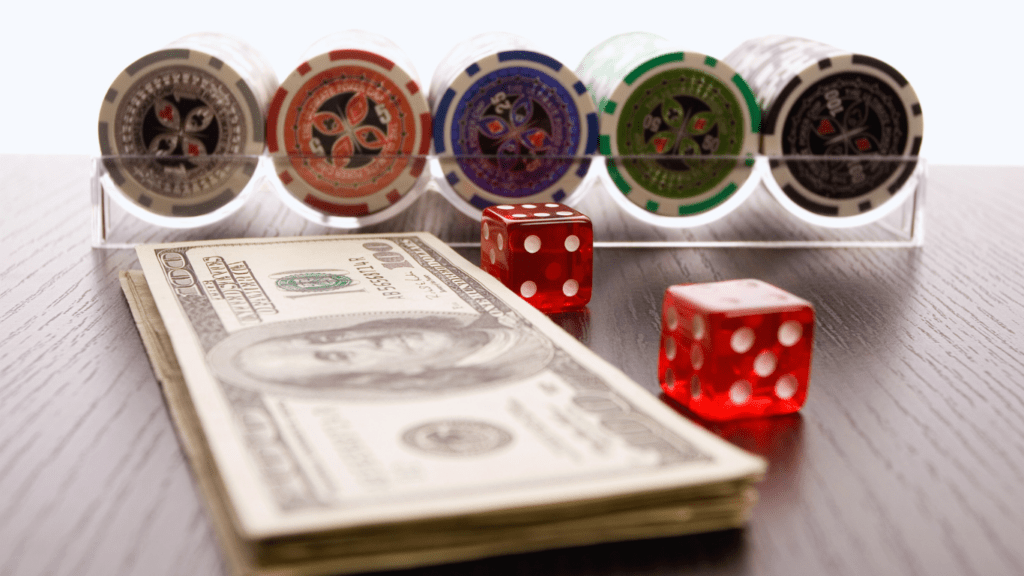Understanding Gambling Misconceptions
Gambling misconceptions often stem from misinformation or misinterpreted experiences. Believing these myths can distort one’s understanding of probability and outcomes, leading to unrealistic expectations.
- “Hot” and “Cold” Streaks: Many think winning or losing streaks indicate patterns in gambling. In reality, results are random in games like slot machines or roulette, and past outcomes don’t influence future results.
- Skill vs. Luck: Skill-based games like poker rely on strategy, but most casino games, such as blackjack or craps, have outcomes driven by chance. Overestimating skill in games dominated by randomness can lead to misplaced confidence.
- “Due” Wins: Some assume machines or systems are “due” for a payout after consistent losses. Gambling algorithms, like Random Number Generators (RNGs), ensure each result is independent, regardless of prior activity.
- Gambling as a Source of Income: Few individuals profit consistently from gambling. Viewing it as a reliable income source can lead to chasing losses and financial strain. Casinos design their games with a house edge ensuring consistent long-term profits.
Understanding these misconceptions equips me to approach gambling with clarity. Recognizing the random nature of outcomes helps in managing expectations and preventing potentially harmful behaviors.
Common Gambling Myths Debunked
Misconceptions about gambling can lead to flawed decisions and financial pitfalls. By breaking down these myths, it’s easier to approach gambling with a clear perspective.
Myth 1: Gambling Is a Guaranteed Way to Make Money
Profitable gambling is an exception, not a rule. Casinos operate with a built-in house edge, ensuring long-term profit margins. Games like:
- slots
- roulette
- blackjack
rely on probability, making consistent wins improbable. Even skill-based games require experience and disciplined strategy, and the risk of significant losses still exists.
Myth 2: Luck Always Beats Strategy
Chance governs games like slots and roulette, but strategy plays a role in games like poker or blackjack. Relying solely on luck can lead to unwise bets and financial losses. For instance, in blackjack, basic strategy reduces the house edge, but random outcomes can’t be controlled entirely. Combining strategy with realistic expectations balances the reliance on luck.
Myth 3: Losing Streaks Mean a Big Win Is Coming
Every spin, roll, or dealt hand in games like slots or roulette is independent. A common fallacy, known as the Gambler’s Fallacy, assumes that past results influence future outcomes, but algorithms and random number generators govern most gambling results. Returning to a “due for a win” mindset can lead to overbetting and deeper financial losses.
Myth 4: Casinos Are Rigged Against Players
Casinos aren’t outright rigged; they’re structured to have a mathematical advantage. The house edge ensures profitability, whether it’s 1% in blackjack or 10% in some slot machines. Regulatory bodies oversee fair play in licensed establishments, making winning possible even though odds favor the house. Lack of knowledge about the house advantage can create a false sense of being cheated.
Myth 5: Online Gambling Is Safer Than Traditional Gambling
Convenience in online gambling hides potential risks. Platform security, fraud, and addiction risks increase due to easy access and anonymity. Unlicensed sites may manipulate odds or withhold winnings, unlike regulated online casinos. Responsible gambling practices are vital whether online or in-person, as risks don’t diminish with digital platforms.
The Reality Behind Gambling Misconceptions

Misunderstanding how gambling works can lead to irrational decisions and unfulfilled expectations. Breaking down the myths reveals the true nature of gambling, helping individuals make informed choices.
How Gambling Odds Really Work
Odds in gambling represent the likelihood of an event occurring and are calculated mathematically. For example, in games like roulette, each spin is independent, and the odds of a specific number appearing remain constant at 1 in 37 for a European wheel. Slot machines use random number generators (RNGs), ensuring outcomes are entirely unpredictable with no “due” payouts. House edge calculations further guarantee long-term profitability for casinos, with blackjack offering one of the lowest edges at 0.5% if optimal strategy is applied.
Understanding house advantage is crucial. Casino games are designed to yield incremental profits over time, irrespective of individual winning streaks. The perception that skill improves odds in games of chance is misleading since random outcomes dominate.
The Psychology of Gambling and Risk
Gambling taps into cognitive biases and emotional triggers that influence decision-making. The “near-miss effect,” for instance, creates a false sense of control when losing outcomes are close to winning ones. This stimulates continued play despite cumulative losses. Similarly, the “gambler’s fallacy” leads individuals to believe past results affect future outcomes, such as expecting a win after a series of losses.
Reward systems in the brain reinforce gambling behavior. Small, intermittent wins trigger dopamine release, creating a cycle of emotional highs and lows. This unpredictability can make players chase losses, even when the odds heavily favor the casino. Being aware of these psychological factors minimizes impulsive decisions tied to gambling.
The Role of Responsible Gambling Practices
Implementing responsible gambling strategies helps mitigate financial and emotional risks. Setting clear budgets for gambling, similar to entertainment spending caps, ensures losses remain manageable. For instance, allocating $100 for slots and avoiding spending beyond that amount limits unnecessary risks.
Time management also plays a role. Taking breaks prevents continuous play and allows for reassessment of decisions. Many casinos and online platforms now incorporate tools like loss limits and self-exclusion to promote responsible gambling. Utilizing these options helps maintain control and prevents gambling from becoming problematic behavior.
Recognizing gambling as entertainment rather than a financial solution reduces harmful expectations associated with myths. Taking a pragmatic approach balances enjoyment with safety, prioritizing overall well-being over fleeting wins.
The Impact of Misconceptions on Gamblers
Misconceptions in gambling can distort perception, leading to damaging outcomes. These false beliefs not only affect financial stability but also impact mental and emotional health.
Financial Consequences
Gambling myths can result in poor financial decisions. Believing in concepts like “due” wins or streaks often pushes individuals to chase losses. This behavior increases spending with the false hope of recovering money. Expecting gambling to be a reliable income source worsens the situation. Casinos are designed to retain a mathematical edge, meaning long-term losses are far more likely than wins. Ignoring this reality creates unrealistic expectations that ultimately harm financial planning.
Emotional and Psychological Effects
False gambling beliefs amplify stress and frustration. Losing money while assuming a payout is inevitable generates feelings of betrayal and disappointment. Persistent losses can escalate to guilt and regret, particularly for those who gamble beyond their means. The “near-miss effect”, a psychological bias where almost winning feels rewarding, often keeps individuals trapped in a cycle of play. Misconceptions also foster addiction risk, as the illusion of control over outcomes reinforces compulsive behaviors. Addressing these effects requires an accurate understanding of gambling mechanics to cultivate healthier habits.



 Dallaseth Evansquire serves as the Chief Content Strategist at Gamble Time Hub, where they lead the vision and direction of all editorial content. With a deep-rooted passion for the gambling industry, Dallaseth curates and oversees high-quality articles that span gambling news, sports betting analysis, and high-stakes player stories. Their expertise ensures that the platform remains both informative and engaging, while also emphasizing the importance of responsible gambling practices. Dallaseth’s creative direction plays a key role in shaping the voice and credibility of Gamble Time Hub.
Dallaseth Evansquire serves as the Chief Content Strategist at Gamble Time Hub, where they lead the vision and direction of all editorial content. With a deep-rooted passion for the gambling industry, Dallaseth curates and oversees high-quality articles that span gambling news, sports betting analysis, and high-stakes player stories. Their expertise ensures that the platform remains both informative and engaging, while also emphasizing the importance of responsible gambling practices. Dallaseth’s creative direction plays a key role in shaping the voice and credibility of Gamble Time Hub.

